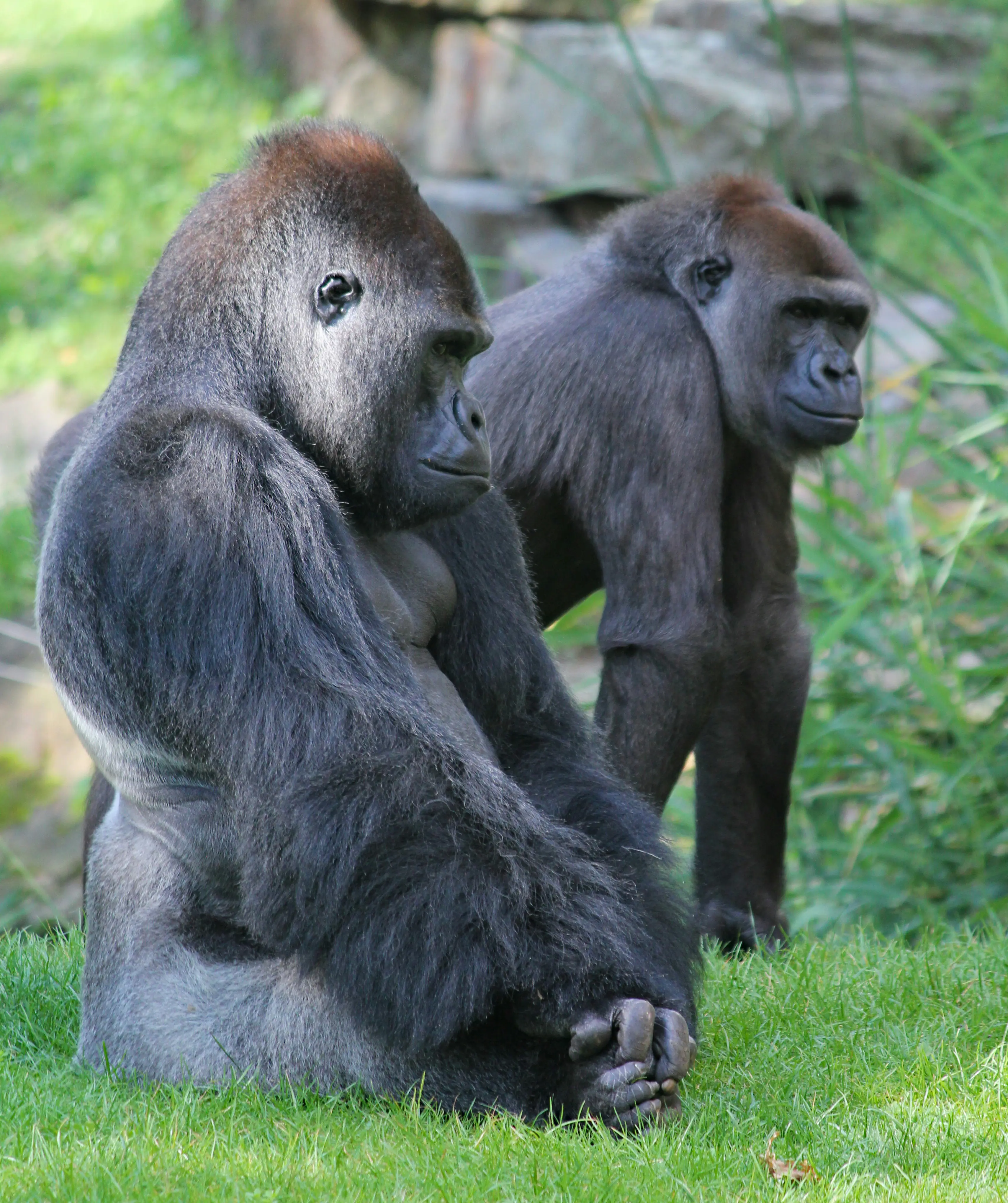Female Mountain Gorillas: Navigating Social Networks With Precision

In a fascinating twist of nature's social tapestry, female mountain gorillas demonstrate a sophisticated approach to group dynamics, choosing their new social circles based on past experiences rather than random selection. Research led by Victoire Martignac, a PhD student in the Department of Evolutionary Anthropology, uncovers the nuanced decision-making processes these primates employ, shedding light on their complex social structures.
Female gorillas face the unique challenge of avoiding inbreeding without knowing who their fathers are. To navigate this, they follow a simple yet effective rule: avoid groups with males they grew up with. This behavior stems from an understanding that the likelihood of genetic relation is higher with familiar males from their early life. This decision-making strategy highlights their ability to discern social relationships beyond mere familiarity.
Martignac points out, "Females might rely on a simple rule like ‘avoid any group with males I grew up with’ as a means to reduce the risk of inbreeding." She further elaborates on the intricacy of their choices, emphasizing that females can disperse multiple times throughout their lives. Despite becoming familiar with numerous males across different groups, they selectively avoid those from their formative years.
This discovery underscores that female gorillas are not just avoiding males based on recognition, but also on the context of their relationship history. The study reveals that females prefer to form groups with other females they already know, suggesting a preference for established social bonds, which could provide stability and support in new environments.
The research offers a compelling glimpse into the social intelligence of mountain gorillas, illustrating that their social decisions are influenced by both past experiences and potential future benefits. This approach ensures genetic diversity while fostering a supportive social environment, reflecting the intricate balance of nature's social systems.